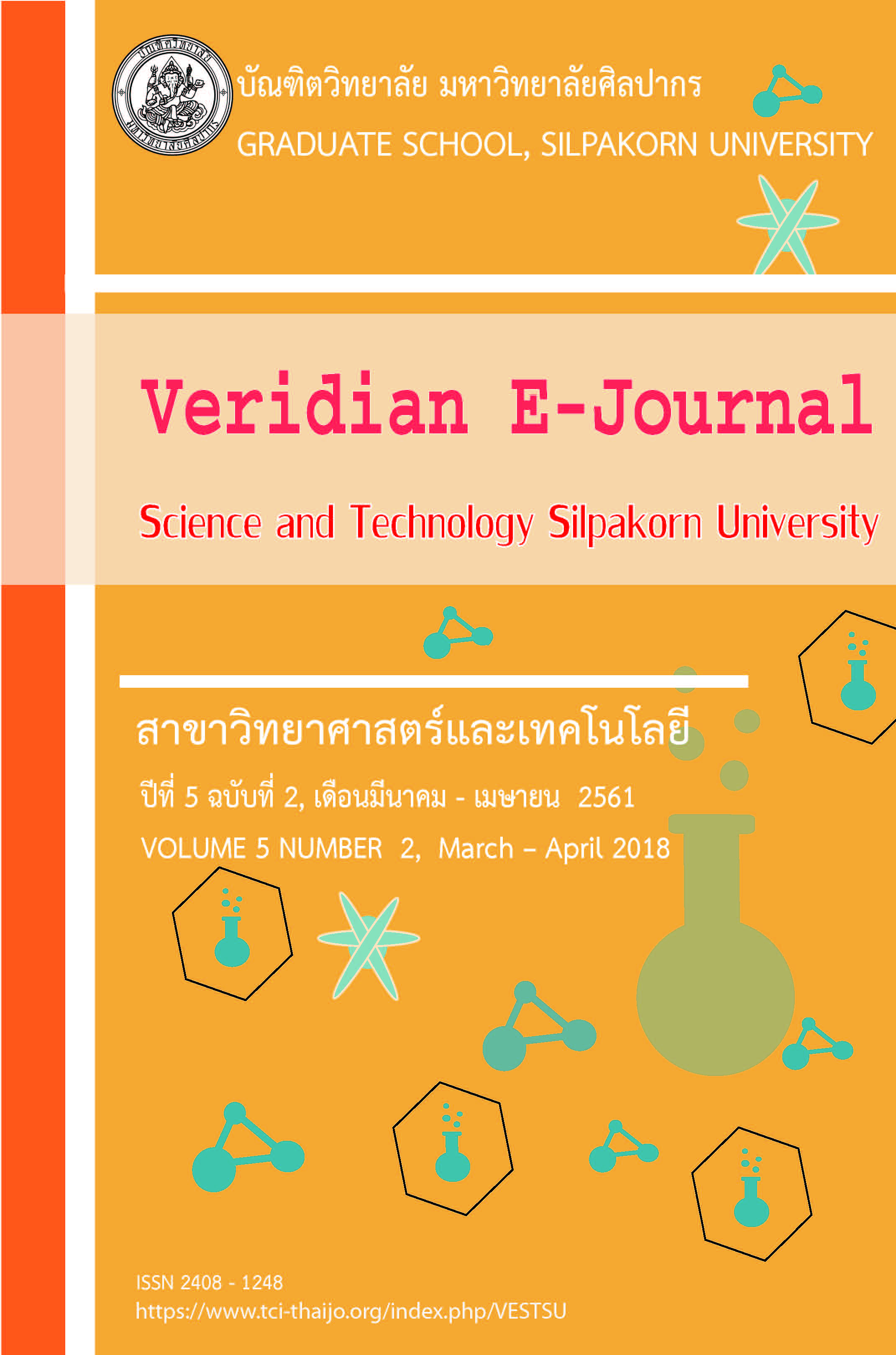การพัฒนาแบบวัดความเข้มแข็งภายในตนเองของภรรยาผู้ดูแลสามี ที่ป่วยเป็นมะเร็งระยะลุกลาม(Development of Inner Strength Scale for Wife Caregivers of Patients with Advanced Cancer)
Main Article Content
Abstract
ความเข้มแข็งภายในตนเองจะช่วยภรรยาผู้ดูแลในการจัดการกับความทุกข์หรือภาวะยากลำบากต่างๆ ความเข้มแข็งภายในตนเองเป็นพลังที่ก่อเกิดความสามารถในการเผชิญปัญหา และอดทนต่อความยากลำบากในชีวิต และส่งเสริมให้มีภาวะสุขภาพดี การวิจัยครั้งนี้มีวัตถุประสงค์เพื่อพัฒนา และตรวจสอบประสิทธิภาพของแบบวัดความเข้มแข็งภายในตนเองของภรรยาผู้ดูแลสามีที่ป่วยเป็นมะเร็งระยะลุกลาม ฉบับภาษาไทย โดยใช้เทคนิคการแปลแบบย้อนกลับ (Back translation) โดยผู้ทรงคุณวุฒิที่มีความเชี่ยวชาญทั้ง 2 ภาษา และตรวจสอบประสิทธิภาพทั้งด้านความเที่ยงตรงและความเชื่อมั่น การวิเคราะห์องค์ประกอบเชิงยืนยัน และการวิเคราะห์ความกลมกลืนกับข้อมูลเชิงประจักษ์ กลุ่มตัวอย่างในการวิจัยในครั้งนี้ได้แก่ ภรรยาที่ดูแลสามีที่ป่วยด้วยโรคมะเร็งระยะลุกลาม จำนวน 195 ราย เครื่องมือที่ใช้ในการวิจัยครั้งนี้ได้แก่ แบบสอบถามข้อมูลส่วนบุคคลและแบบวัดความเข้มแข็งภายในตนเอง ผลการวิจัยพบว่า ค่าความเชื่อมั่นของแบบวัดความเข้มแข็งภายในตนเอง (Reliability) มีค่าเท่ากับ .91 เมื่อแยกเป็นรายด้าน คือ ความเข้มแข็ง ความสร้างสรรค์ ความสัมพันธ์ และความยืดหยุ่น พบว่ามีค่าเท่ากับ .88 .80 .83 และ .70 ตามลำดับ การวิเคราะห์องค์ประกอบเชิงยืนยันพบว่า มีค่าน้ำหนักองค์ประกอบทั้ง 4 ด้านตั้งแต่ .64 ถึง .88 โดยแต่ละด้านสามารถอธิบายความแปรปรวนได้ร้อยละ 77.2 41.8 49.6 และ 40.7 ตามลำดับ และเมื่อวัดค่าความกลมกลืนของแบบสอบถามที่เป็นฉบับภาษาไทยกับข้อมูลเชิงประจักษ์พบว่ามีความกลมกลืนและสอดคล้องกัน ได้แก่ ค่า CMIN/DF = 1.36 ดัชนี GFI = .99 ดัชนี AGFI = .99 ดัชนี CFI =.99 และ RMSEA =.04
Inner strength is a resource that contributes to one’s persistence abilities in times of troubles, strengthens his endurance, and promotes well-being. This study was aimed to develop the Thai Inner Strength Scale for wife caregivers of patients with advanced cancer. The back translation method was used by the bilingual experts to translate the Inner Strength Scale into Thai version. The psychometric property was analyzed using content validity, construct validity, and internal reliability. The subjects consisted of 195 wife caregivers of patients with advanced cancer at Saraburi Hospital, National Cancer Institute and Loburi Cancer Hospital. The instruments included demographic records and Inner strength Scale. Data were analyzed using descriptive statics of percentage, mean, standard deviation; confirmatory factor analysis, and goodness of fit. The results revealed that The Cronbach Alpha Coefficient of Thai Inner Strength Scale for wife caregivers of patients with advanced cancer was .91. Coefficient of firmness, creativity, connectedness, and flexibility were .90, .86, .78 and .72, respectively. Confirmatory factor analysis findings revealed that the factor loading of each factor varied from .64 to .88. Each factors explained 77.2%, 41.8%, 49.6%, and 40.7% of the variance in wife caregiver’s inner strength. The instrument was accurately described as having a goodness of fit (CMIN/DF= 1.36, GFI= .99, AGFI= .99, CFI=.99, and RMSEA=.04). Thus, the Thai Inner Strength Scale for wife caregivers of patients with advanced cancer was found to be a valid and reliable instrument for assessing inner strength of wife caregivers of patients with advanced cancer.

